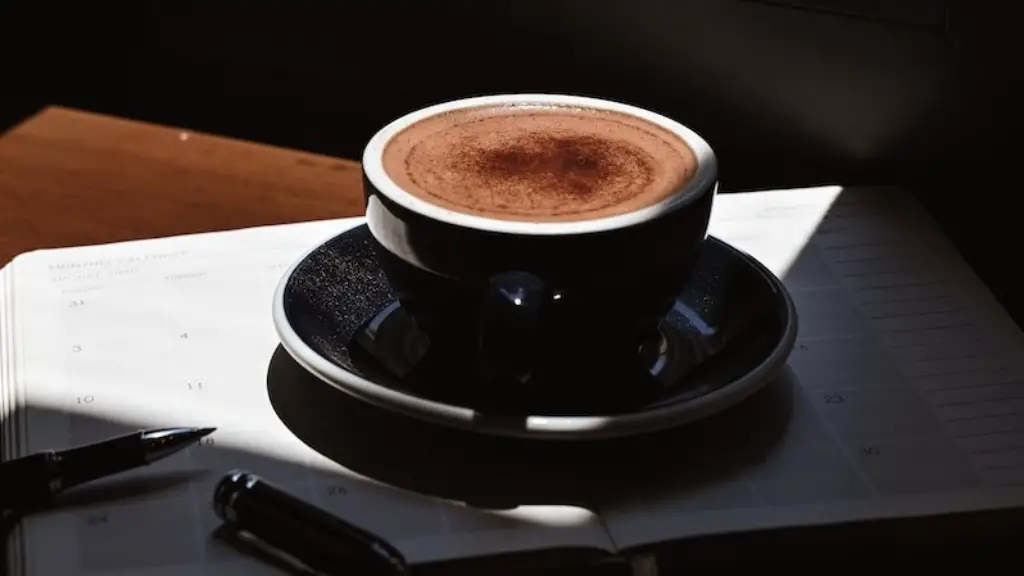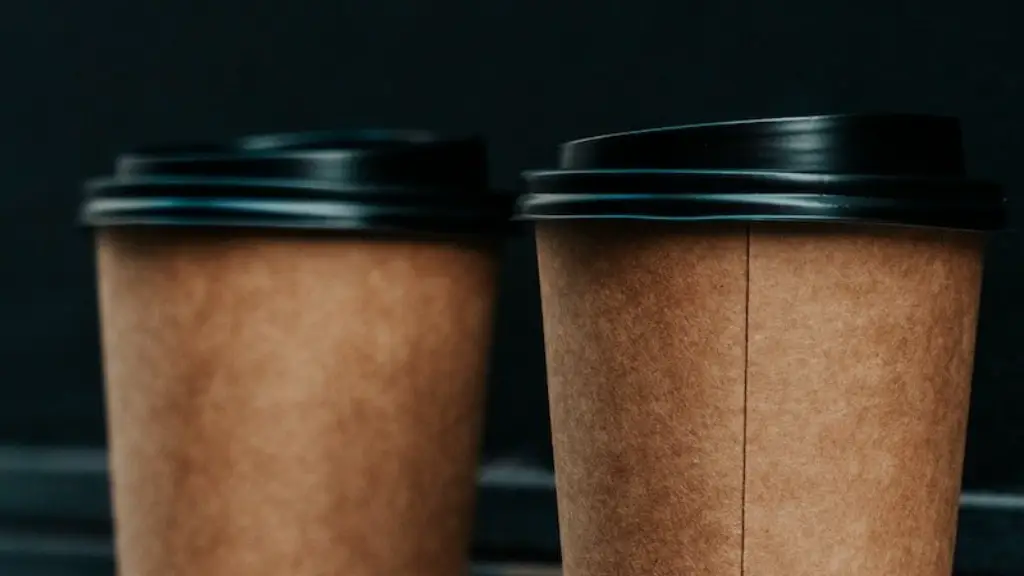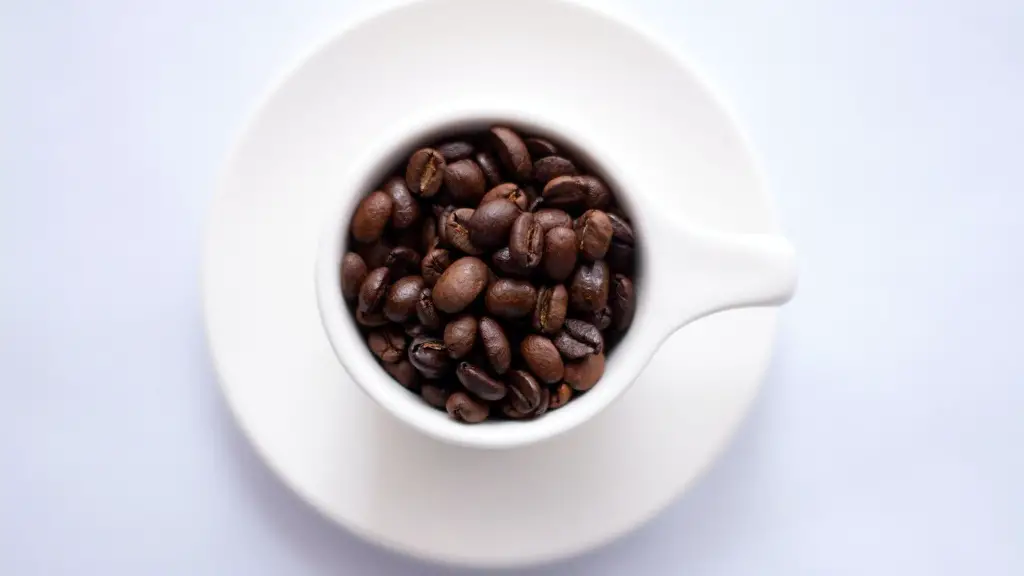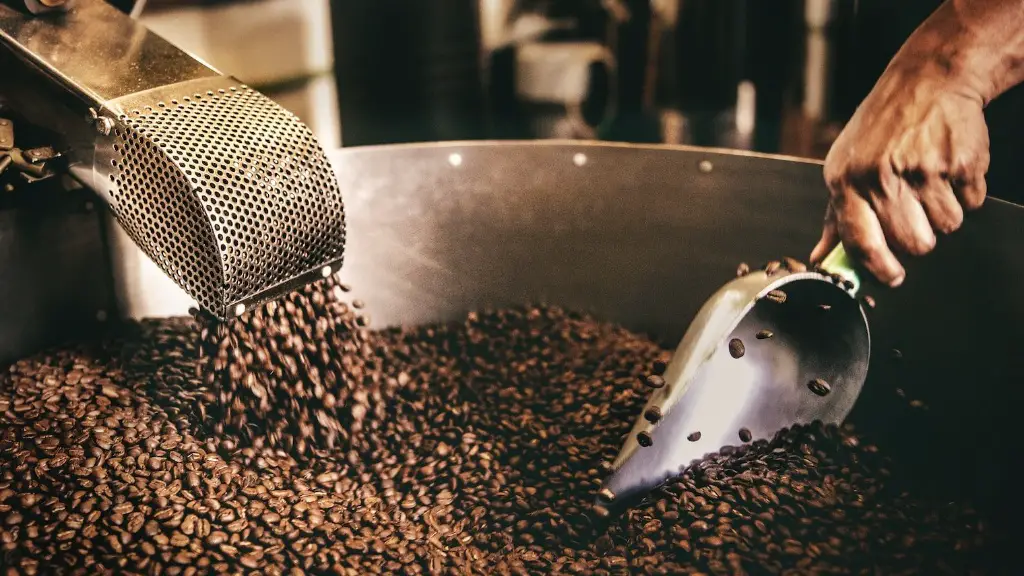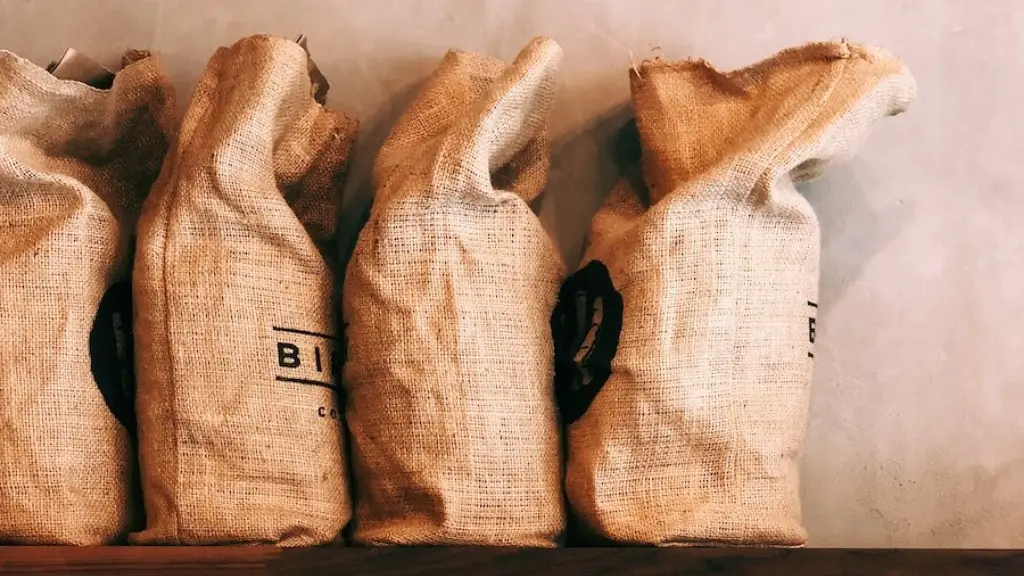Coffee beans are the seeds of coffee fruits. They are typically roasted and ground to make coffee. However, some people eat coffee beans as a snack.
There is some debate over whether eating coffee beans is healthy. Some people believe that coffee beans contain compounds that can have negative health effects. However, others believe that coffee beans are a healthy source of antioxidants and other nutrients.
Overall, there is inconclusive evidence on whether eating coffee beans is healthy. However, there is no evidence that suggests that coffee beans are harmful to consume in moderation. If you enjoy eating coffee beans, there is no need to worry about their impact on your health.
It is healthy to eat coffee beans because they are a good source of antioxidants and have been linked with a reduced risk of some chronic diseases.
How many coffee beans can you eat?
You can eat around 20-30 coffee beans per day without having any adverse effects from the caffeine. However, if you are pregnant or sensitive to caffeine, you should limit your intake to 7-10 beans per serving.
There are a few potential disadvantages to eating roasted coffee beans. These include heartburn, bloating and/or nausea, and a laxative effect. Additionally, coffee beans can interfere with sleep and cause anxiety and an elevated heart rate. Finally, some people may experience withdrawal symptoms when they stop consuming caffeine. Pregnant women should avoid consuming caffeine as much as possible.
What are the benefits of eating coffee beans
Coffee is a rich source of antioxidants that can protect us from cardiovascular disease, inflammation and other health problems. These antioxidants are found in coffee beans, and drinking coffee is a great way to get them into our bodies. However, it’s important to remember that coffee is also a stimulant and should be consumed in moderation.
Coffee beans are a great source of caffeine, which has been shown to improve endurance during workouts, increase metabolism, and promote fat burning. To get the same amount of caffeine as a shot of espresso, you need to eat between 37 to 48 coffee beans.
What type of coffee bean is healthiest?
If you’re looking for the coffee with the most antioxidants, blonde Robusta coffee is the way to go. Blonde Arabica coffee comes in a close second, followed by medium-roast Arabica coffee. So if you’re looking to boost your antioxidant intake, reach for a lighter roast.
Coffee beans are a great way to get a quick caffeine and antioxidant boost. On average, 8 coffee beans have the same amount of caffeine as one espresso. However, your body will absorb the caffeine more quickly, so be careful not to overdo it.
Is coffee bean a Superfood?
Coffee has been shown to have a plethora of health benefits, including reducing the risk of stroke, heart disease, cancer, Parkinson’s disease, and more. Coffee is also a great source of antioxidants and has been shown to improve cognitive function and memory. So, coffee is not only delicious but also good for you!
Raw coffee beans are highly acidic and have a grassy or woody flavor. They are much harder than roasted beans and can be difficult to chew. When you process a coffee bean, the darker the roast, the softer the bean will become.
How many coffee beans equal a cup of coffee
It takes about 70 coffee beans to make a human-sized cup of coffee. The coffee ratios are usually determined by the rate, rather than the number of beans.
We recommend waiting at least 5 days after the roast date before using espresso prepared coffees. Our internal standard is between 7-11 days before use as espresso. For drip/pour-over, we wait 4-7 days. For cold brew, 10-14 days.
How much caffeine is in 1 gram of coffee beans?
The caffeine content in coffee beans varies depending on the type of bean. Arabica coffee beans have a caffeine content of 12 milligrams per gram, while robusta coffee beans have a caffeine content of 27 milligrams per gram.
Coffee is a great way to get your morning dose of caffeine, but it’s important to remember that too much coffee can lead to some unpleasant side-effects. Eating too many coffee beans can lead to increased heartburn, increased heart rate, and other unpleasant side-effects. Not only this, but too many coffee beans can also have a laxative effect. If you consume coffee regularly, it’s important to keep an eye on your cholesterol levels, as too much coffee can lead to high cholesterol over time.
Do coffee beans stain teeth
If you’re looking to avoid staining your teeth while still enjoying coffee, you might want to consider using a straw or switching to a lighter blend. The strength of coffee beans is what causes staining, so weakened coffee with some creamer can help avoid that.
Coffee is full of antioxidants, which means it can help protect your liver from disease. A large 2021 study found that drinking coffee was associated with a lower risk of liver disease. So if you’re looking for a way to help keep your liver healthy, start by drinking plenty of coffee!
Is eating coffee beans healthier than drinking coffee?
Coffee beans are a great source of nutrients, including caffeine and other substances that are found in regular coffee. However, because they are filtered and diluted with water, you only get a portion of the caffeine and other substances.
There are many health benefits to eating beans and legumes. They are a good source of fiber and protein, and can also help to lower cholesterol and improve heart health. Beans and legumes are also low in calories and fat, making them a healthy choice for weight loss or maintenance.
Conclusion
There is no simple answer to this question as it depends on a variety of factors. Some people may find that eating coffee beans is perfectly healthy, while others may need to moderate their intake or avoid them entirely. The best way to determine if coffee beans are healthy for you is to speak with a doctor or nutritionist.
There is no definitive answer to this question as it depends on the individual. Some people may find that coffee beans have a positive effect on their health, while others may find that they have a negative effect. Ultimately, it is up to the individual to experiment with different diets and determine what is best for their own health.
